When was the toughest time to be born in modern Australia?
An 80-year old today is only two lifetimes separated from the start of European settlement in Australia, which raises some interesting questions.
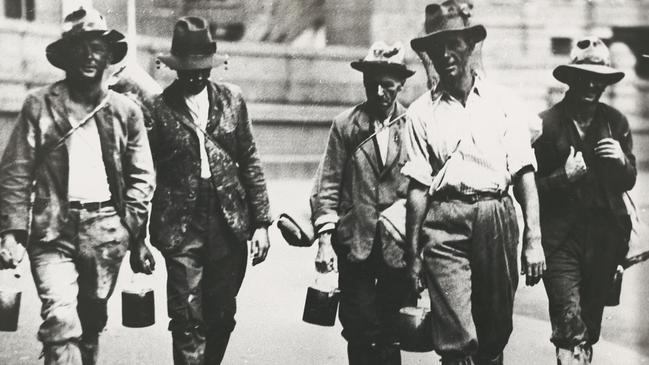
Imagine turning 80 in 2025 and reviewing how your (Australian) life has changed in your lifetime. Born in 1945, you’d recall the privations of war rationing, the boom in home building, our involvement in Vietnam, the arrival of fast food in Australia. You would remember the day of the Dismissal.
What I like about an 80-year life review in 2025 is how well it fits within the time-frame of modern Australia. The previous 80-year period extends to 1865, and the one before that to 1785 – just three years prior to the arrival of the First Fleet.
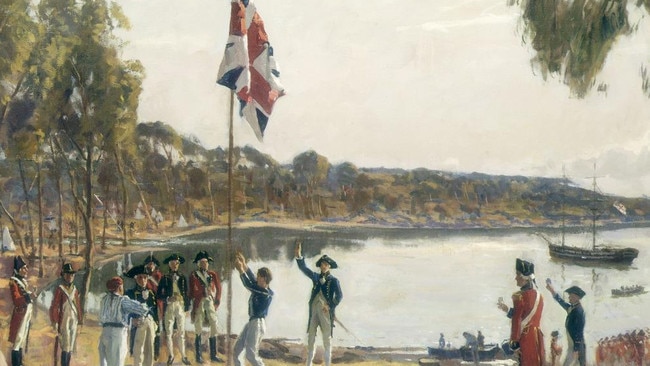
An 80-year old today is thus only two lifetimes separated from the start of European settlement in Australia. Which raises some interesting questions: which lifetime was the toughest, and what might be the recollections of an Australian born in 2025 upon turning 80 in 2105?
The first 80-year lifetime following settlement would have navigated the tensions and tragedies of settlement, the stratification of a convict society, and the glitter of a gold rush of global proportions.
The second 80-year lifetime has to be the toughest sequence of years. It would have started benignly as cities, public buildings and factories burgeoned on the back of Ballarat gold.
But then came the 1890s depression, the Great War, another depression, and yet another war. The period from the late 19th century to 1945 was our nation’s toughest era.
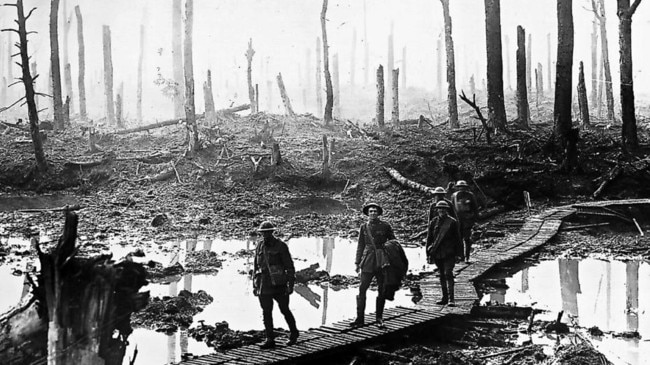
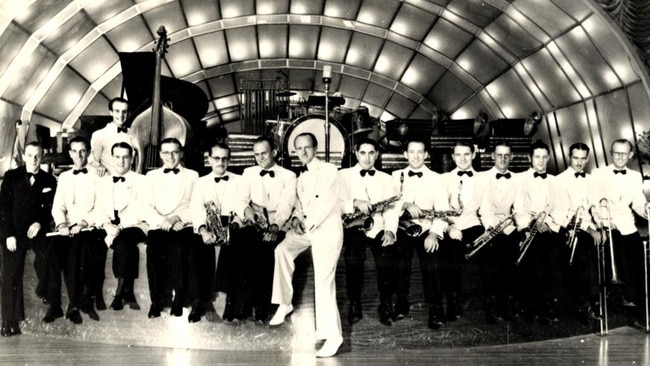
Sure, these years delivered technical advances like sewerage, penicillin, electricity, aviation, the telephone, and the motor car. But by the end of this 80-year lifespan Australia was exposed for what it was: the isolated, vulnerable colony of a much weakened global superpower. Indeed, I doubt that Australia offered a better quality of life than America at the end of WWII. Our quality of life, I think, was boosted by resources from the late 1960s, and then boosted again by globalisation (and trade in resources) from the 1990s.
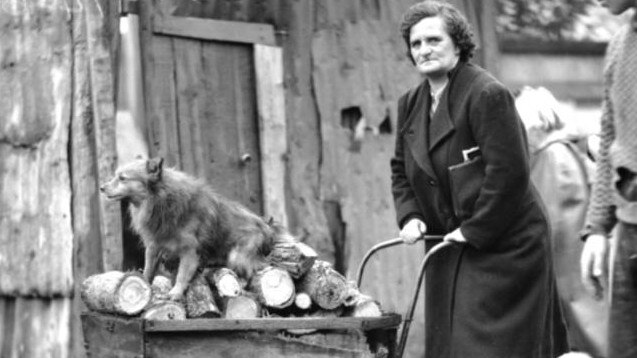
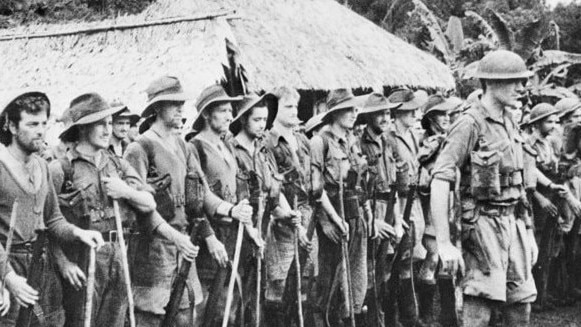
I can’t make up my mind on this one. It could be said that the toughest time to have been born in modern Australia was the 1880s: you’d likely have been a participant in WWI, and then gone on to have the worry of a son away fighting in WWII.
Or maybe was it to have been born in the 1860s and to have had a son on the Western Front, to have struggled as a pensioner through yet another depression in the 1930s and, in your final years, to have faced the very real prospect of subjugation by the Japanese?
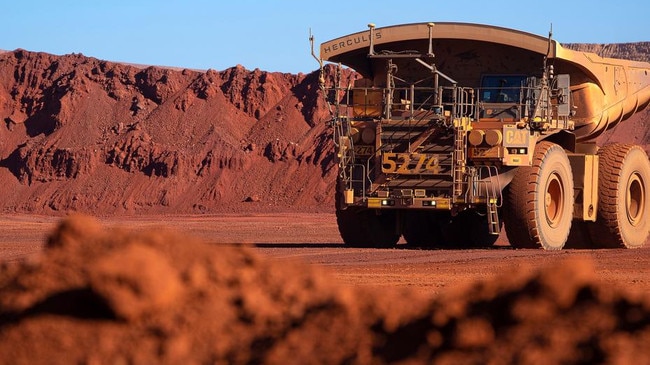
This raises the issue of what an 80-year-old in 2105 might look back on. Australia is likely to have formed whatever political alliances are required to assure our safety. It is unlikely that America’s economic, financial and military dominance will remain unchallenged over the next 80 years, but Australia’s resources will still be highly valued by the global economy. These factors will, I think, shape our future.
Inevitably, there will be tensions and trip-ups along the way. We need to do our best, remain unified as a people, and press for our collective interests through our leadership. That way, an Australian born in 2025 might have the best chance of thinking at age 80 in 2105, I’ve had a good life living in the best place on Earth. Which is precisely what I think an 80-year-old would think today.


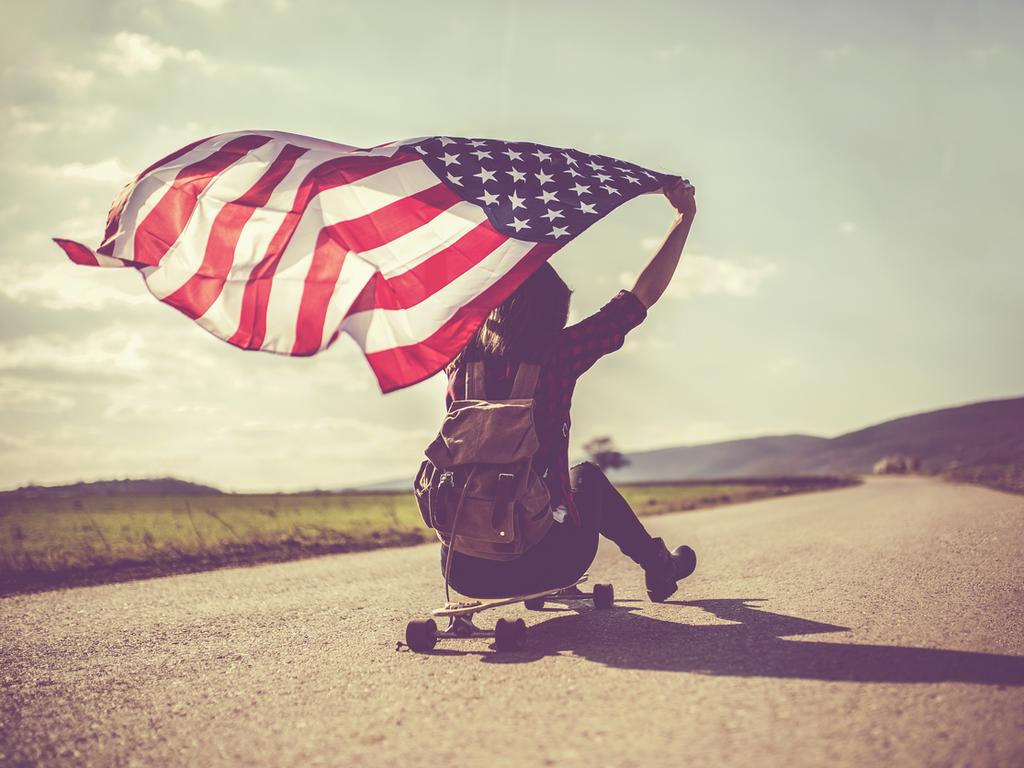
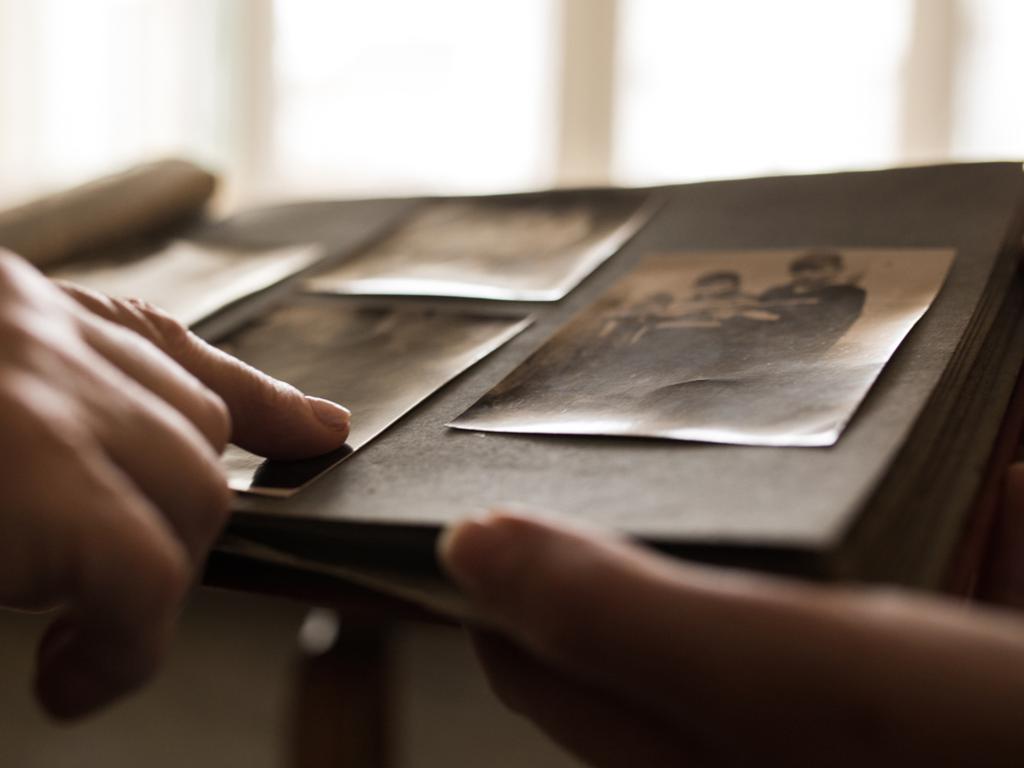

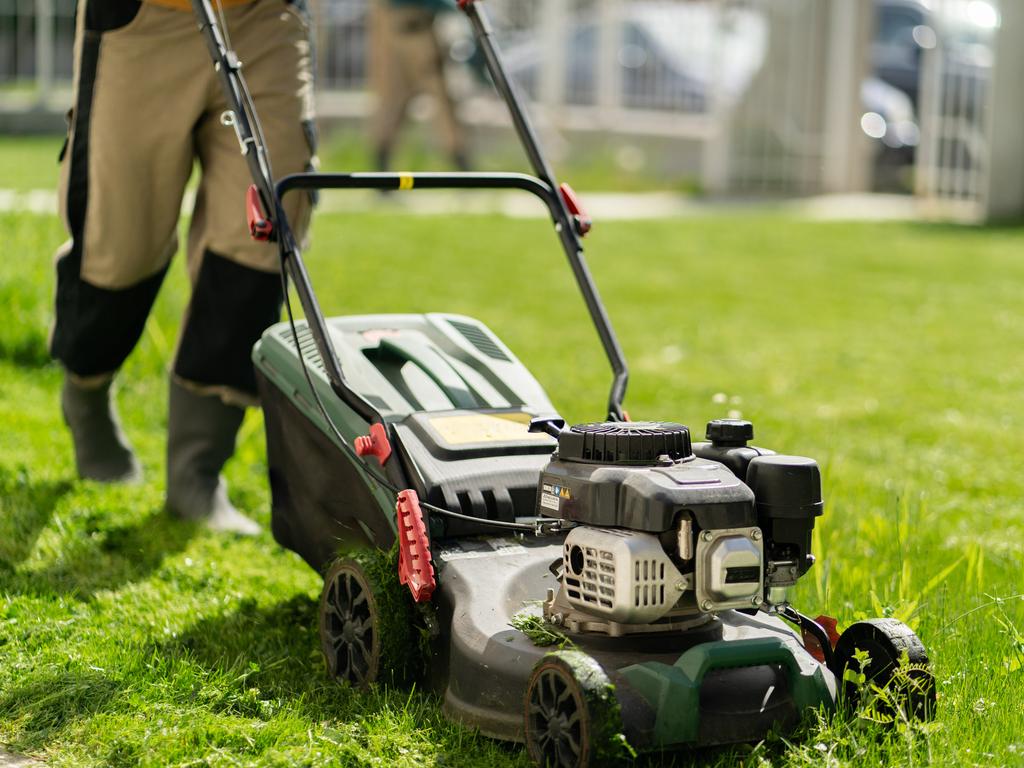


To join the conversation, please log in. Don't have an account? Register
Join the conversation, you are commenting as Logout